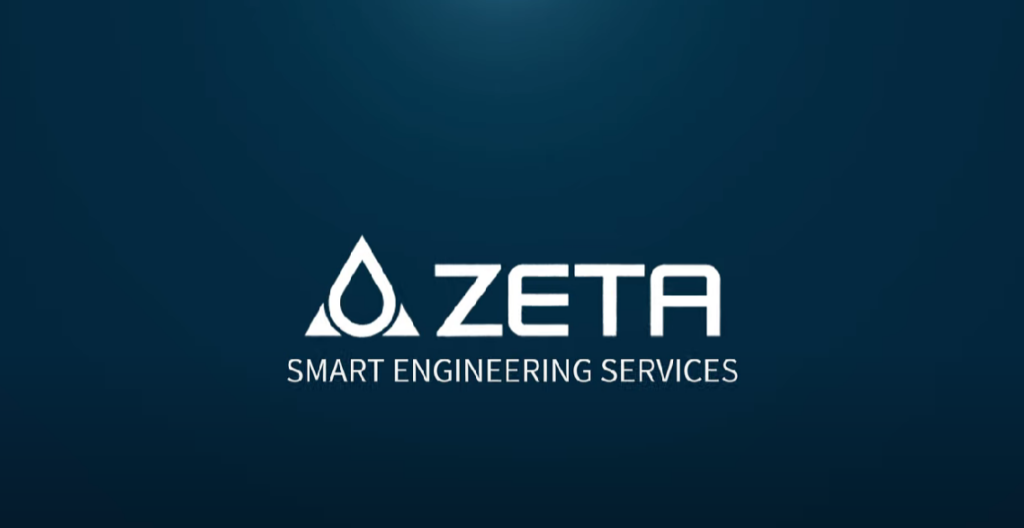Metaverse powered by digital identity
Besides exciting visible aspects of the metaverse developments, such as virtual reality (VR), gaming, and avatars that everybody can at least vaguely relate to, there are a lot of other developments taking place at the back end. One crucial development is around how people, companies and other entities will interact together in virtual spaces. Digital and self-sovereign identity technology is leading the way to add a new layer of trust and greater user-control to digital profiles, assets and data attributes. In this blog, we explore the symbiosis of the two hottest technologies – metaverse and self-sovereign identity – and how they fit within web3.
From the outside looking into this new digital reality, having your own digital identity is relatively easy to imagine. For instance, you have your own profile, avatar and digital assets that you control and can prove ownership of.
To make metaverse identities possible, we need a way to make trust portable and interoperable across multiple digital spheres, blockchains and technology stacks… cue, self-sovereign identity (SSI).

What is SSI, and how does it relate to the metaverse?
SSI is an identity paradigm that centres the control of information around the user. It ensures privacy and gives individuals greater control over what information they share. Unlike the existing system, it’s a user-centric and user-controlled approach to exchanging trusted and digitally signed information in a much more secure way. Trusted data is information, where the source can be proven.
Thus, this technology is a crucial element in realising digital identities in the metaverse due to its inherent decentralisation and data-privacy features. SSI will enable users to control their data in web3 without data being siloed by companies as characterised by web2.
Verified and interoperable data will be of paramount importance in the metaverse. This can apply on many levels – from original identity verification, when somebody just creates a user profile (not very different to the existing processes), to endless transactions within the metaverse, such as the ability to move your avatar or digital objects/assets from one metaverse to another.
Trusted data ‘credentials’ could tie in verified records of the players’ accomplishments in a game, giving that player a permanent, verifiable copy of their in-game accomplishments and rank, which they can carry with them, in an off-chain and offline digital wallet or vault, on their metaverse journey. We believe the addition of verifiable credentials (VC) to establish trust in avatars, profiles, and in-game items will become an essential piece of the metaverse toolbox.
Consequently, SSI will reflect the very nature of the metaverse through decentralisation, interoperability, security, and privacy, enabling you to build your digital identity, your digital profile and your digital asset repository. As a result, web3 won’t be possible without a digital identity solution that leans on the themes mentioned above.
SSI can unlock new gaming experiences
The same logic applies to gaming. SSI can unlock new gaming experiences alongside non-fungible tokens (NFTs). NFTs are fantastic for capturing uniqueness and scarcity, whereas SSI is perfect for storing, updating and proving characteristics, especially when those characteristics are specific to the player. SSI can capture features specific to a player, such as XP or rank, meaning you can prove accomplishments, history and other data across games and not be tied down to standalone titles.
Imagine gaming where your progress/skins/items can be ported across to another game, whether for use or simply to give you a headstart. SSI can bridge achievements and experience, so progress is no longer lost once you stop playing a game and move on to the next in the genre.
Final Thoughts
Trusted interactions, data sharing and metaverse identities will be a fundamental pillar of the metaverse. SSI will enable this in the metaverse by allowing users to control their information, in line with its core decentralisation and digital ownership features. This level of verified, and decentralised trust, will be essential in combining data elements together for a unified and open metaverse.
As Web5 has been getting traction, take a look at how Web5 is different from SSI here.
Want to learn more about cheqd approach to making a digital identity a reality in the metaverse and beyond? Join cheqd AMA on Hackernoon this Thursday at 11 am BST. Join here.
This article was authored by Fraser Edwards, CEO & co-founder of cheqd

















